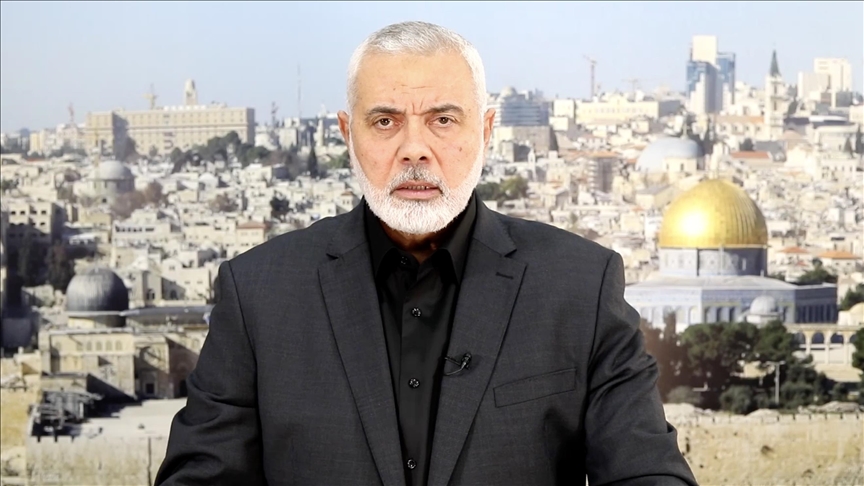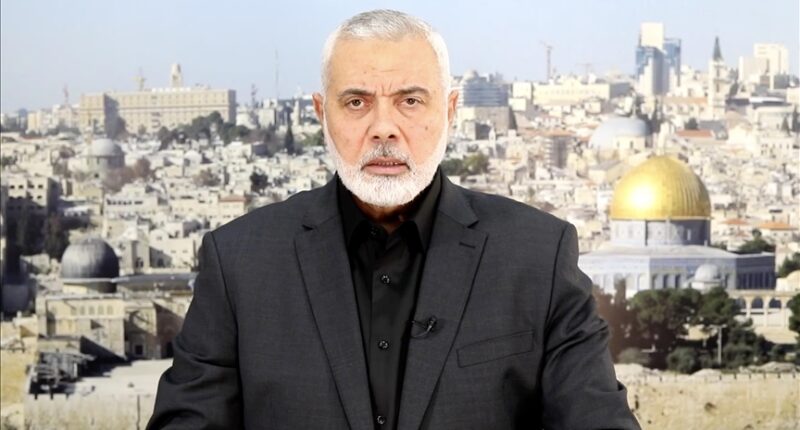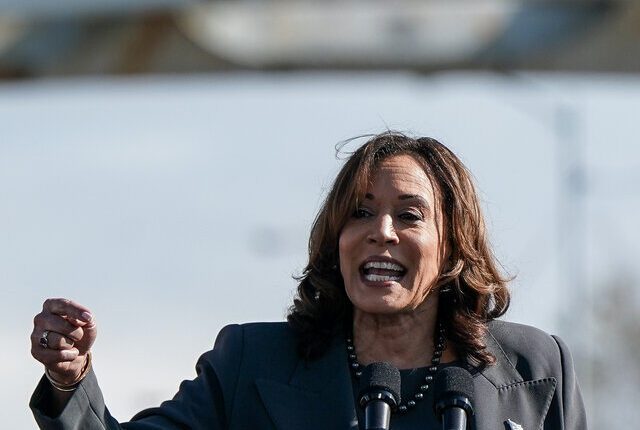In a significant development on March 2, Israel has tentatively agreed to a proposal for a six-week ceasefire in its ongoing conflict with Hamas in the Gaza Strip, according to a US official. This announcement comes as Palestinian negotiators are set to arrive in Cairo, with hopes high for finalizing a truce ahead of the Muslim fasting month of Ramadan, which begins around March 10 or 11. The conflict, nearing its five-month mark, has inflicted severe damage on Gaza, governed by Hamas, prompting urgent efforts to secure peace.
The ceasefire agreement, still awaiting Hamas’s approval, aims to provide a much-needed reprieve from the violence that has led to dire humanitarian conditions in Gaza. In recent days, the territory’s health ministry reported over a dozen children’s deaths due to malnutrition, underscoring the urgency of the situation. The proposed ceasefire, which the Israelis have “more or less accepted,” hinges on Hamas’s agreement to release certain vulnerable hostages, including the sick, wounded, elderly, and women, as stated by the US official under anonymity.
The path to this tentative agreement saw a delegation from Hamas, traveling from Qatar to Egypt, prepared to deliver their official response to the ceasefire plan, a product of negotiations with Israeli representatives in Paris last month. The United States, a staunch ally of Israel, has initiated a relief operation, airdropping aid into Gaza following President Joe Biden’s announcement and his call for increased efforts to mitigate the humanitarian crisis. This initiative underscores the critical need for more comprehensive aid delivery through land crossings, despite the challenges posed by restrictions and the ongoing conflict.
The recent events in Gaza, including the tragic deaths of civilians during a rush for aid from a convoy of trucks, have sparked widespread international condemnation and calls for impartial investigations. The European Union’s foreign policy chief, Josep Borrell, has demanded an investigation into these “unjustifiable” acts against civilians seeking food. These incidents have contributed to the escalating Palestinian death toll, with the health ministry reporting over 30,000 casualties, predominantly women and children.
The conflict, which erupted on October 7 following an unprecedented attack by Hamas on southern Israel, has led to significant loss of life on both sides and the abduction of hostages, exacerbating the humanitarian crisis in Gaza. The near-total closure of commercial food imports, limited aid deliveries, and severe access constraints have pushed Gaza to the brink of famine, according to UN spokesperson Jens Laerke. The situation has prompted widespread concern and criticism, with the World Health Organization’s chief denouncing a recent Israeli strike as “outrageous and unspeakable.”
As mediators work towards a ceasefire that could allow for more aid and the release of hostages, Israeli Prime Minister Benjamin Netanyahu faces mounting pressure to resolve the crisis and secure the release of remaining captives. Meanwhile, Israeli protesters have marched to Jerusalem from the Gaza border, demanding action from the government. Amidst these developments, the international community continues to watch closely, hoping for a resolution that will bring an end to the violence and alleviate the suffering of those affected by the conflict.













